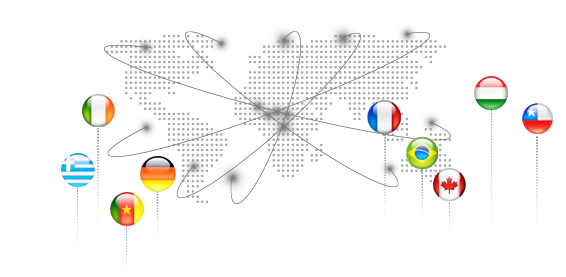以下是全功能的 免费加速器 软件将为您带来的优势

遍布各地的服务器
您可自由选择。选择美国、加拿大、澳大利亚、法国或 免费加速器 服务器所在的 59 个其他国家/地区。

一键建立安全连接
只需点击“Start(开始)”按钮,特殊算法就会根据距离、负荷和其他参数为您找到最适合您的服务器。

可靠加密
在公共 Wi-Fi 或任何其他网络上浏览时也可保持安全。免费加速器 将以军用级加密保护您的数据。

Kill Switch
如果 加速器 连接意外断开,Kill Switch 会阻止您的设备(或您指定的应用程序)访问网络。

多设备保护
您可以使用一个帐户同时在多个设备上设置 免费加速器,包括您的智能电视和路由器。

全天候技术支持
24小时在线客服。如有任何疑难,可随时询问在线客服或向客服发送电子邮件。
随时随地,享受快速、稳定的连接
网络缓冲会影响我们的心情?看视频或下载文件时要不停地等待简直无法接受?不用担心!59 个国家/地区的 5300 多个 免费加速器 服务器,让最高速的 加速 体验。 服务器越多,代表负载越低,而服务器分布越广,用户就有更多机会找到距离近的服务器。

获取 免费加速器 移动应用程序
下载面向 iOS 和 Android 平台的应用程序。